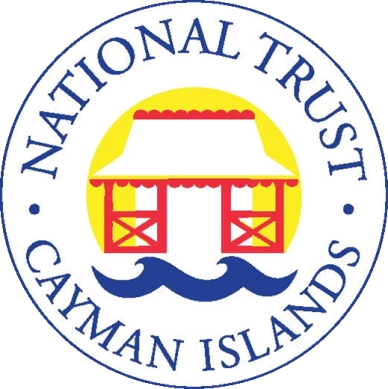The National Trust for the Cayman Islands adds its voice to the warnings recently issued by the Department of Environment
The National Trust for the Cayman Islands adds its voice to the warnings recently issued by the Department of Environment
The National Trust for the Cayman Islands adds its voice to the warnings recently issued by the Department of Environment, the National Conservation Council and local environmental groups in relation to the proposed clearing of precious mangrove forests. Neighbouring land owners and those within the planning notification radius are in a position to formally object, but, in the majority of cases, concerned citizens and groups (including the National Trust) are not. The National Trust is supportive of responsible and sustainable development. However, all proposed development should demonstrate both clear benefits to our people and careful consideration of the very environment that is protecting our Islands. Recommendations issued by groups such as DOE, NCC and other experts should be followed to ensure maximum protection of these sites and to minimise disruption of ecosystems. Once developed, it is extremely difficult (if not impossible) to restore the critical biodiversity nature has created. Climate change is a reality for our small islands and we can no longer ignore the protection our environment provides to keep current and future generations safe. The importance of mangroves is clear – they provide a habitat for juvenile fish and threatened species, they provide an effective storm buffer during hurricanes and tropical storms, they help to prevent erosion and they are extremely effective at storing carbon. Grand Cayman’s west side wetlands, which includes the South Sound mangrove forests, have suffered a 72% loss between 1976 and 2018. This is contrary to our Ramsar Convention obligations on the “wise use” of wetlands, especially those of international importance to migratory waterfowl as well as native species. The Trust is often asked “What can be done in situations like this?” Suggestions include the following: 1. Reach out to your Member of Parliament (PM) on specific projects in your districts; 2. Register concerns or objections in a timely manner to projects proposed in your neighbourhoods when in receipt of notification slips; 3. Report any potential violations in mangrove clearance to the DOE; For general inquiries - DOE@gov.ky or if specific to mangrove trimming the Environmental Management Unit - emu.doe@gov.ky. 4. Lobby your MPs to develop and publish an Area Plan for each district, with your concerns and ideas incorporated; 5. Urge Government to finalise and publish PlanCayman, ensuring it is an overall development plan for the three Cayman Islands, with input from stakeholders and a policy of ‘no net loss’ of wetlands; 6. Encourage the DOE and the NCC to review the Mangrove Conservation Plan to strengthen protections and to publish an updated plan after public consultation; 7. Support climate science literacy in schools in order to (among other things) foster an understanding of nature-based solutions afforded by one of the best ecosystems in the world for carbon sequestration, storage and climate adaptation; 8. As a developer, consult with the DOE on ways to sustainably develop and minimise damage to sensitive areas; 9. Join and/or donate to the National Trust to help conserve currently unprotected mangrove and other environmentally sensitive areas. The National Trust recognises the importance placed on environmental protections, climate change and sustainable development during the recent election campaigns. The Trust also acknowledges and applauds the current Government’s commitment to prioritise these issues. Together we can make a difference. Let us all commit to doing our part to protect our paradise today.
Latest News
-
RCIPS Reports Over 70 Arrests in First Week of Operation Winter GuardianPolice/Cou...22 December 2025, 11:19 AM
-
Landmark Immigration Reform Act Passed and Published in Cayman Islands GazettePolitics &...22 December 2025, 11:17 AM
-
Government Moves Ahead with Cayman Islands Health Foundation to Bolster Public HealthcareGeneral, He...22 December 2025, 11:16 AM
-
Blackbeard’s and Jacques Scott Join NDC Push for Safer Alcohol SalesGeneral22 December 2025, 11:12 AM
-
Roy's Christmas Village Lights Up Cayman BracGeneral22 December 2025, 11:06 AM


